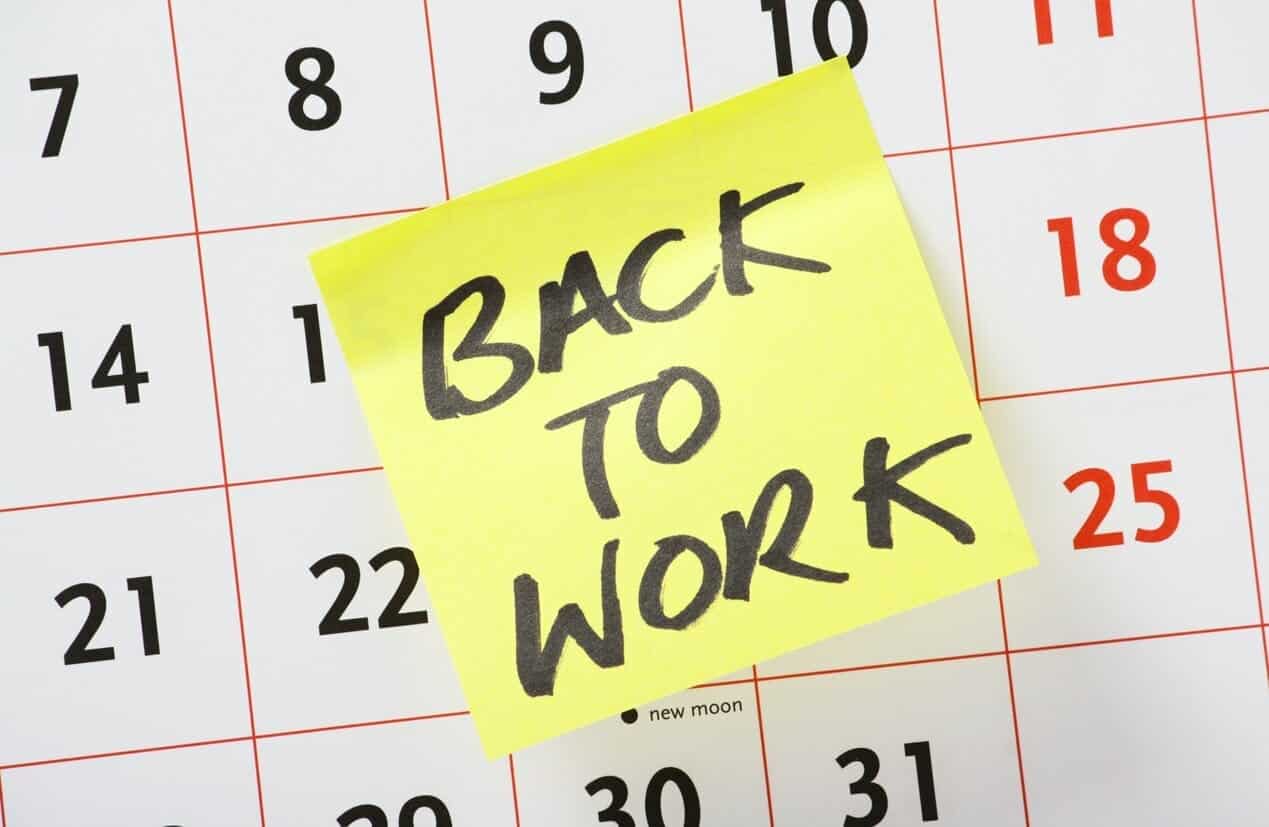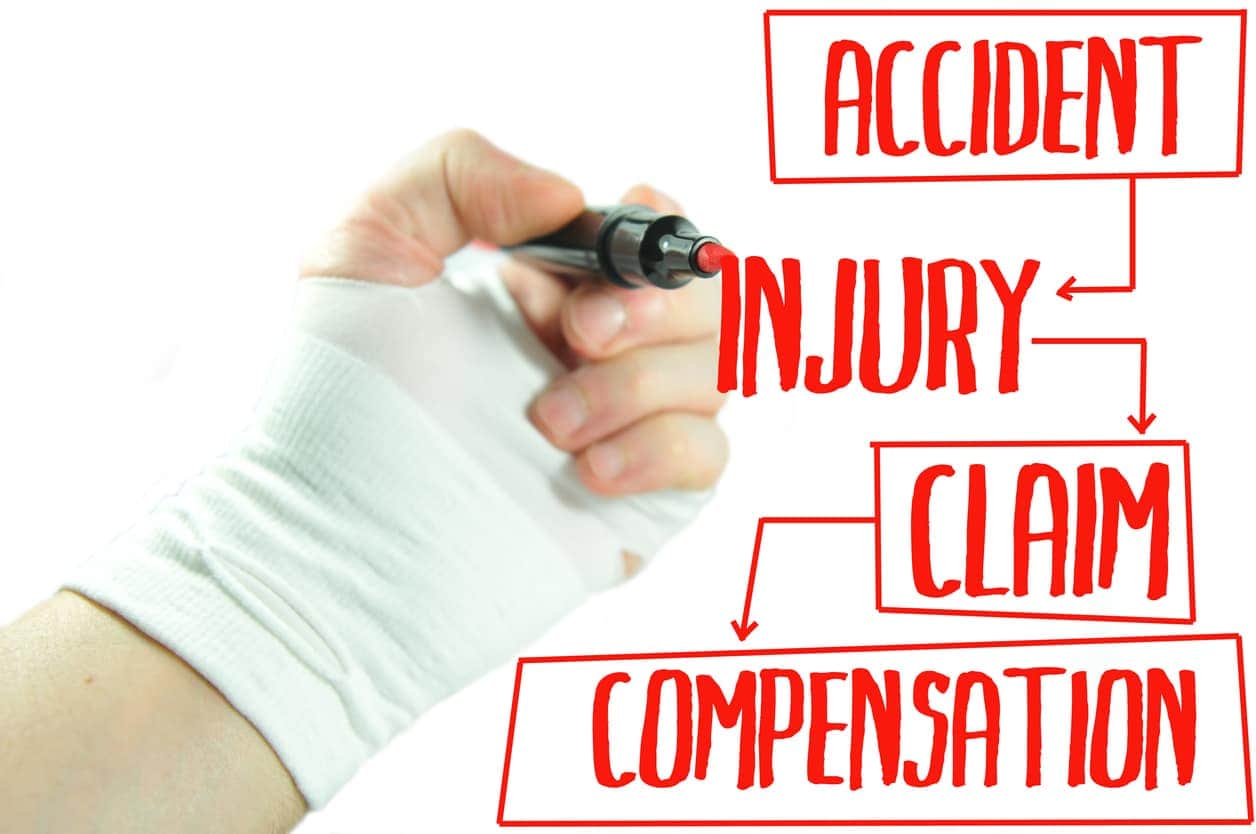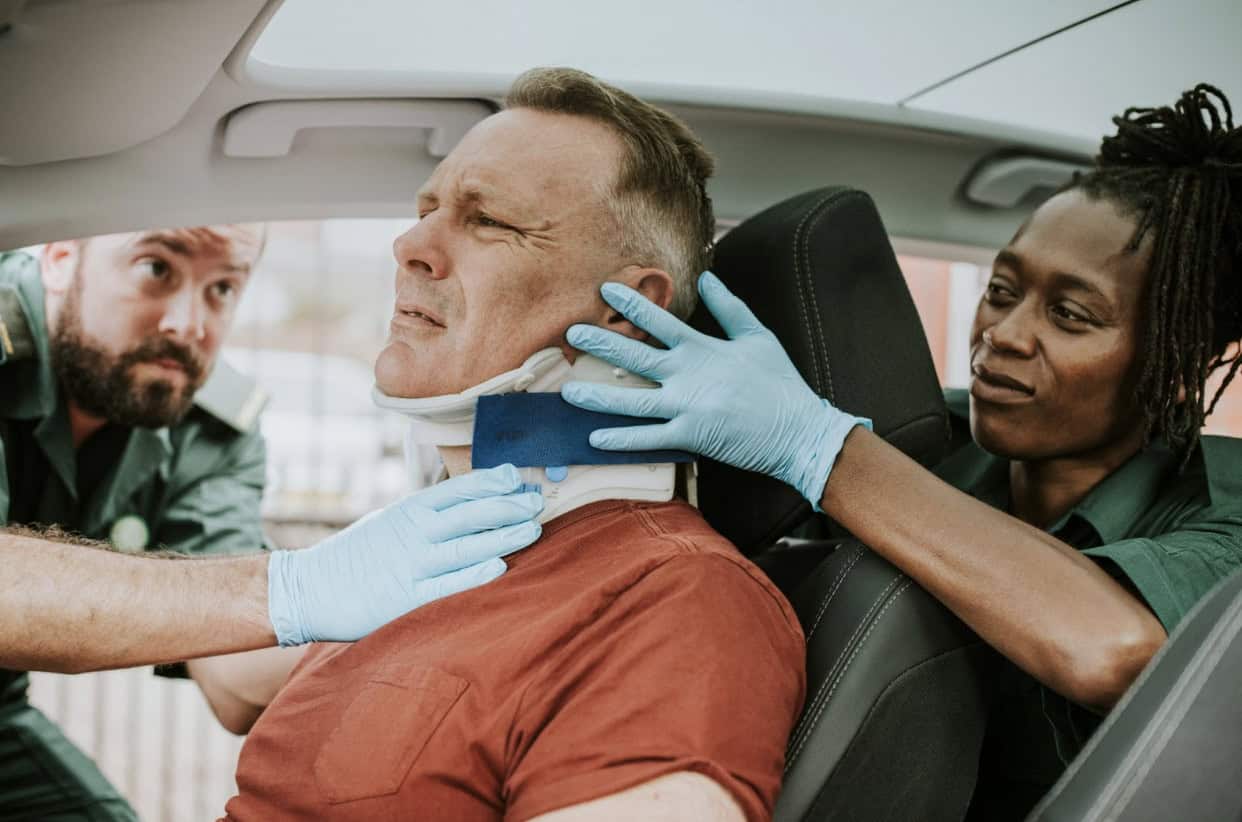You may be eager to return to work after a workplace injury, and there are certainly benefits to returning to work: increased income and improved mental state through socialization with supportive coworkers. However, you may be questioning whether you are ready, especially if you have not healed from your injuries. You should not return to work until you are able to perform your prior job functions or unless your employer provides necessary accommodations for any work restrictions your doctor may order. Read on to learn more about maximum medical improvement and how to prepare for your return.
Maximum Medical Improvement
To have a meaningful conversation about returning to work after a Virginia workers’ compensation injury, it is essential to define a key term: maximum medical improvement. Maximum medical improvement (MMI) is the point at which an injured worker’s medical condition has stabilized and there is no expectation of further functional improvement, even with continued treatment and rehabilitation. In other words, the worker has reached a plateau and there is unlikely to be any additional meaningful recovery. However, even if a worker has reached MMI, additional medical treatments may be required (e.g., pain management) and they may be entitled to receive continued Virginia workers’ comp benefits.
The physician treating the injured worker will determine MMI. However, an employer and its insurer are entitled to request that the worker undergo an independent medical examination (IME) whereby a different physician will examine the worker and review their medical records to determine whether the employee has reached MMI. If your employer has requested you attend an IME, you must attend or risk the employer and its insurer suspending your benefits.
When Do I Have to Return to Work?
Temporary Restrictions
Your doctor may determine that you are capable of returning to work before you completely heal from your injuries. In this instance, the physician will provide you with temporary restrictions, which you would report to your employer. Under these circumstances, your employer accommodates the temporary restrictions to the best of its ability. However, some restrictions cannot be accommodated and, therefore, you may be offered a different job until your restrictions are lifted. If your employer offers you a modified job that is within your restrictions it is important that you receive a written job offer, with a description of the work they are asking you to perform, work hours, and rate of pay, so your doctor can approve the modified job. If the modified job is within your restrictions it is important that you report to work in the modified position. Failure to report to work for the modified position could prevent you from receiving wage loss benefits unless you can show good cause for refusing the modified job offer. If you must work a new position and the wage is lower, you may be entitled to a portion of the difference in your wages. If your employer cannot or does not accommodate your temporary restrictions and you remain off work, you may be entitled to temporary total disability benefits.
Permanent Restrictions
Once a treating physician has determined that an injured worker has reached MMI, the worker will receive permanent work restrictions and an impairment rating. While your employer does not have to create a new job to accommodate any permanent restrictions you have, they should allow you to work if they can provide reasonable accommodations that do not cause an undue hardship on the employer. The worker may also be entitled to receive permanent partial disability benefits. In addition to permanent partial disability benefits, you may also be entitled to wage loss benefits if you market your residual work capacity while your employer does not have modified work for you. You may also be entitled to vocational rehabilatation benefits. To determine what benefits you are entitled to, it is best to consult with an experienced Virginia workers’ compensation attorney who can review your injuries and the facts of your case.
It is important to remember that if you have reached MMI, you may be unable to do the same job duties you could perform prior to your injury. If you fail to return to work after a physician determines you are able, you can lose your workers’ compensation benefits.
Preparing For Your Return To Work
If you plan to return to work after you recover from your injury, keep in touch with your employer while you are on leave and inform them of your progress as reported by your doctor. This will assist you and your employer as you prepare to return to work.
Before returning to work, have a clear plan in place with your employer to prevent any misunderstandings about any limitations you may have. This may require an acknowledgment (formal or informal) from your employer related to any limitations you have and clearly defined accommodations they will be providing.
Lastly, you should always keep a copy of any work restrictions ordered by your physician. Depending on the size of your employer, it is foreseeable that not every person you encounter will have knowledge of your work restrictions.
Work With An Experienced Workers’ Comp Attorney in Richmond, Virginia
If you have been injured, it is critical for your health as well as any continued benefits payments you receive that you follow through with all medical treatments. Neglecting necessary treatments or rehabilitation may result in a deterioration of your medical condition and preventing any further injury should be one of your primary concerns.
Preparing to return to work after a Virginia workers’ compensation injury may be stressful or a relief, depending on your circumstances. And, navigating the workers’ comp process and juggling medical appointments only adds to that stress. If you have questions about your Virginia workers’ compensation injury or benefits, trust the Virginia workers’ compensation attorneys at Renfro & Renfro to guide you through the process and work to optimize the benefits you are entitled to. Contact us today on our website or give us a call at (804) 601-4433 for a free consultation.






